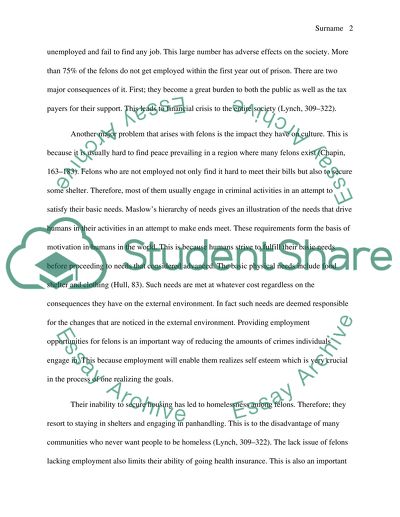Cite this document
(“Felons Should Keep Their Rights to Vote after Conviction Essay”, n.d.)
Retrieved from https://studentshare.org/english/1470609-felons-should-keep-their-rights-to-vote-after-conviction
Retrieved from https://studentshare.org/english/1470609-felons-should-keep-their-rights-to-vote-after-conviction
(Felons Should Keep Their Rights to Vote After Conviction Essay)
https://studentshare.org/english/1470609-felons-should-keep-their-rights-to-vote-after-conviction.
https://studentshare.org/english/1470609-felons-should-keep-their-rights-to-vote-after-conviction.
“Felons Should Keep Their Rights to Vote After Conviction Essay”, n.d. https://studentshare.org/english/1470609-felons-should-keep-their-rights-to-vote-after-conviction.


